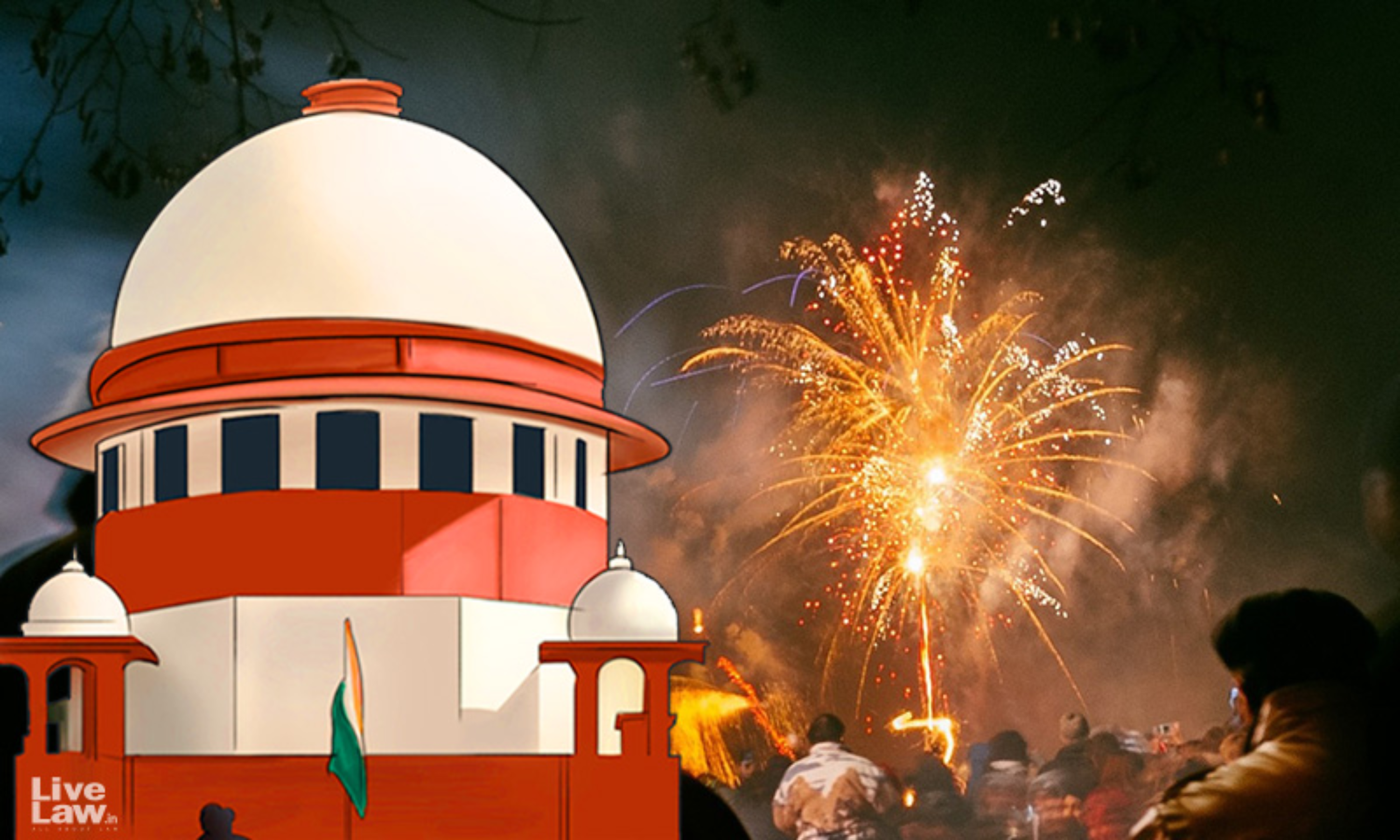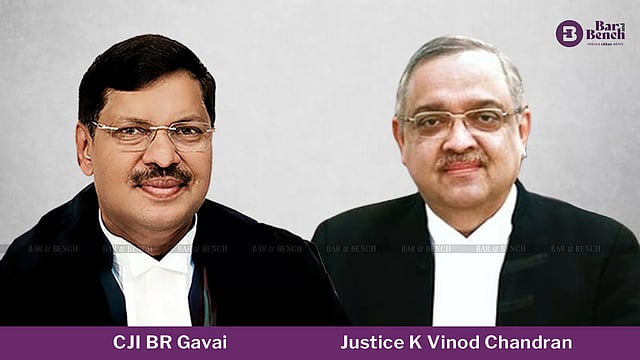Firecracker Ban Must Apply Pan-India, Not Just to the Capital
The Supreme Court of India has delivered a firm reminder: clean air is a right for all citizens, not just those living in Delhi or the National Capital Region (NCR). In a crucial hearing held on September 12, the top court questioned why the firecracker ban must apply pan-India if the health hazards from air pollution are shared across the country.
The bench, led by Chief Justice BR Gavai and Justice K Vinod Chandran, was responding to pleas from fireworks traders challenging the complete, year-round ban in the Delhi-NCR area. The Court didn’t hold back. It questioned the logic behind limiting such bans only to NCR when several other Indian cities experience equal or worse levels of pollution during the festive season

A National Issue, Not Just a Capital Concern
The court highlighted a troubling double standard. “If firecrackers are banned in Delhi, why not in Amritsar or other cities with similar pollution levels?” asked CJI Gavai. He noted personal experience of heavier smog outside Delhi in the winter months.
This led the bench to declare that environmental regulation cannot be region-specific when the dangers of air pollution especially from fireworks affect the entire nation. “We can’t have special treatment for Delhi just because it houses the Supreme Court,” the bench said. The message was clear: any firecracker ban must apply pan-India, not be confined to the capital alone.


Fireworks Industry Pushes for Balanced Reform
During the hearing, fireworks manufacturers expressed their concerns about the impact of the firecracker ban. Representing the Federation of Fireworks Traders, senior advocates argued that nearly five lakh families rely on this industry for their livelihoods. They called for a seasonal or limited-time firecracker ban instead of a blanket year-round restriction.
Previously, courts allowed limited use of “green crackers,” but the new firecracker ban imposed in April this year has led to widespread license cancellations. Traders said they have been working with scientists at the National Environmental Engineering Research Institute (NEERI) to develop less-polluting alternatives, but the sudden firecracker ban has left them with no path forward.
Licenses that were valid until 2028–2030 are now being revoked due to the firecracker ban, threatening the economic future of entire communities involved in cracker production and sales.


Public Sentiment Shifts Toward Equality and Health
As awareness of air pollution’s health risks grows, especially among parents, the elderly, and those in polluted towns outside Delhi, public support is shifting in favor of a nationwide ban. Citizens across India are increasingly vocal about the need for equal health protection, regardless of geography.
Medical experts have long warned about the link between firecracker smoke and rising cases of asthma, chronic bronchitis, and other respiratory illnesses. In cities with poor infrastructure and limited hospital access, the problem becomes even more severe.
It’s not just a Delhi problem anymore and that’s exactly what the Court wants the nation to recognize. Also Read: Supreme Court says firecracker ban cannot only apply to ‘elite’ Delhi NCR citizens, policy must be pan-India
Conclusion
In essence, the Supreme Court’s firm stance makes one thing clear: clean air should not depend on your PIN code. With scientific reviews underway and legal discussions ongoing, the next few months will be critical in deciding whether the firecracker ban must apply pan-India as a matter of environmental justice, not just legal debate.

